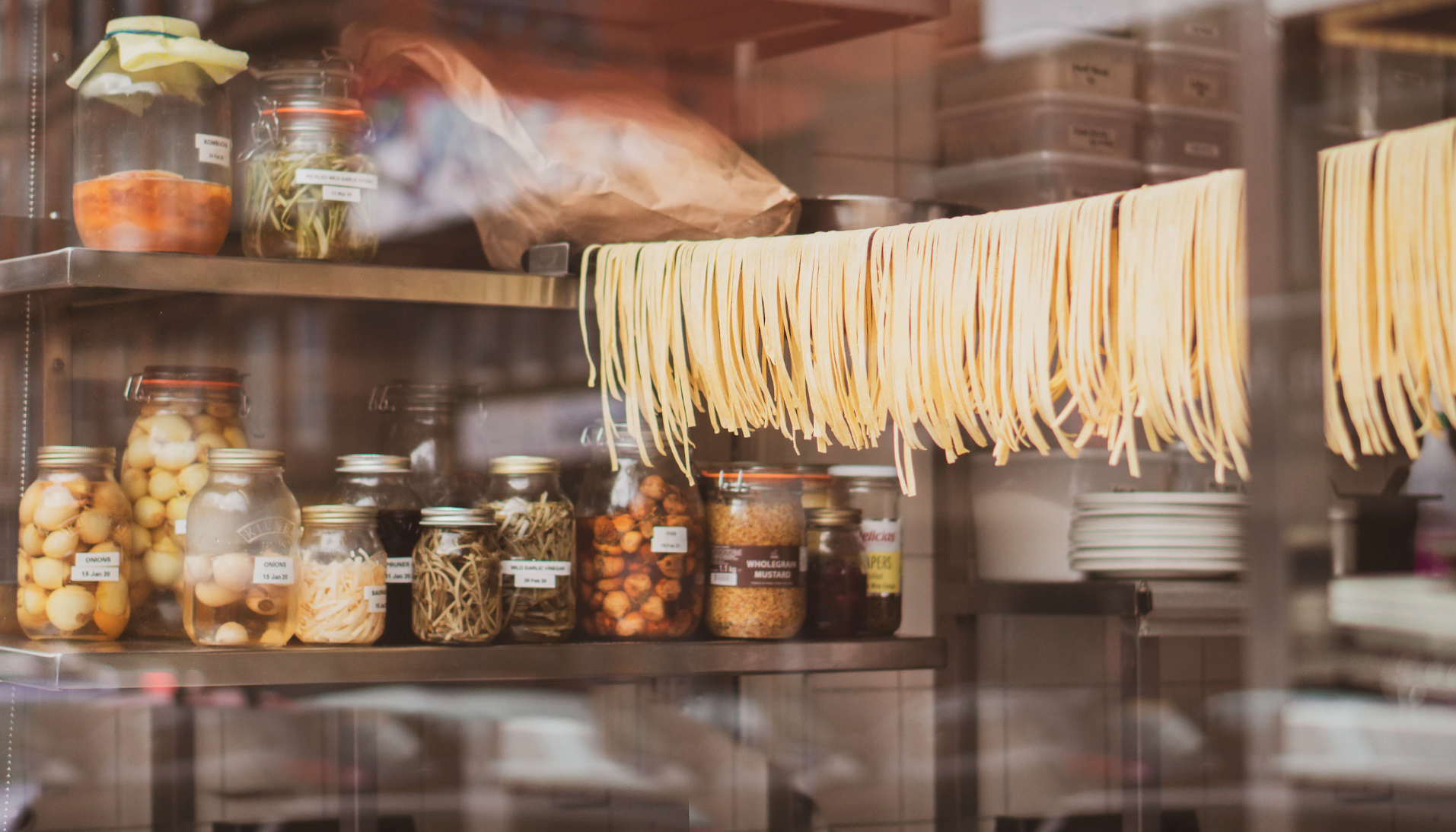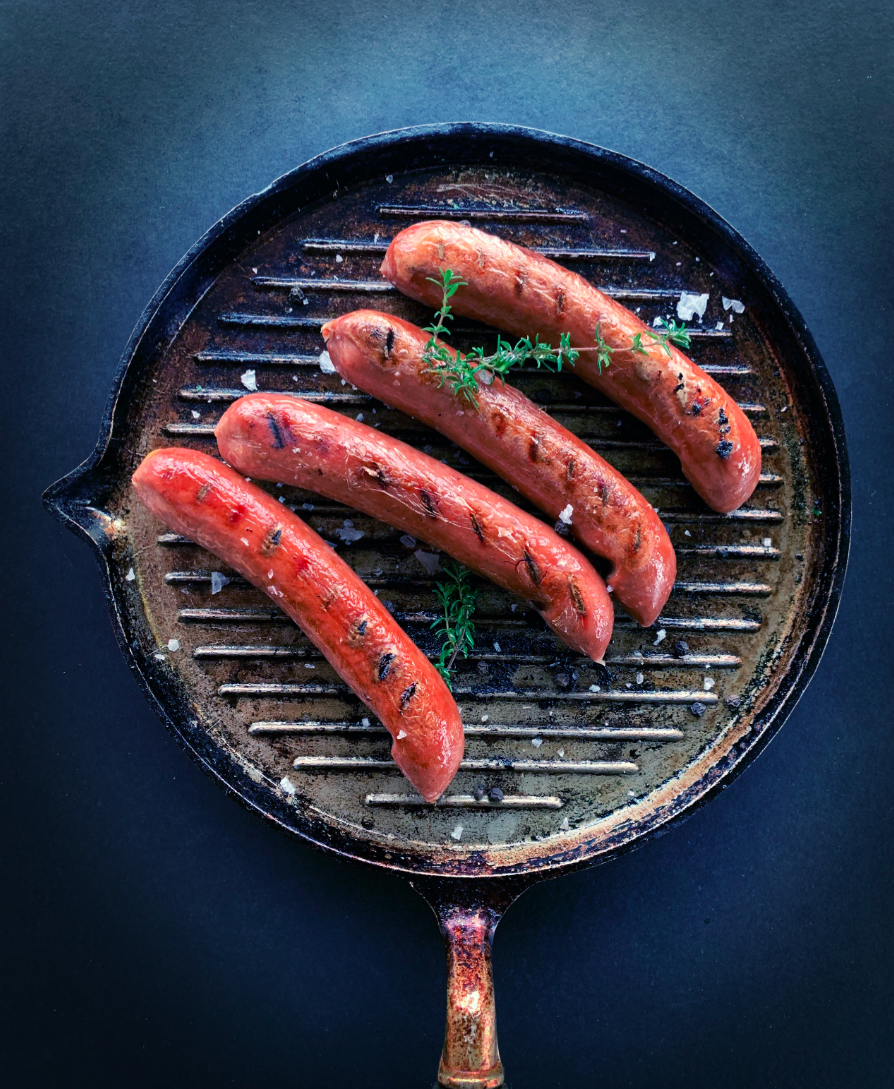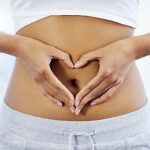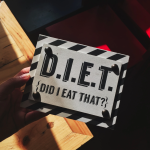Our first duty is to immediately eliminate certain dangerous substances from our diets and activities. Indulgences can also damage our digestive systems when they are ingested in excess. The important ones to watch out for are listed below: Antibiotics Since their discovery and subsequent commercial manufacturing over 70 years ago, antibiotics have been one of the most important medical advancements. Without them, a minor cut or graze may be fatal. They have saved countless lives. Their broad use in farming and the enormous over-prescription and inappropriate use by ius that has accompanied their success, however, have had negative effects on the health of our gut microbiota.
Sugar
Sugar in our diets feeds the pathogens and bacteria we want to keep in check, thus a diet high in sugar can cause an imbalance and dysbiosis in our guts by encouraging the growth of too many of these bacteria. It’s also important to keep in mind that refined sugar is empty of nutrients and just includes calories, which cause blood sugar levels to spike and then drop, leading to hunger and additional desires. Sugar is also addicting.
Processed Foods
Because of the additives and components they include, processed foods, which are defined as foods produced with chemical additives or processes to change the flavor or shelf life, are highly bad for the microorganisms in your gut. How can one tell what foods have been processed? If you read the label, they may be anything that your great-grandmother wouldn’t identify as food or, if you don’t, any ingredient that you don’t recognize (typically with a scientific name)
Preservatives & Emulsifiers

The majority of packaged goods contain preservatives to slow down or stop the processes of oxidation and bacterial growth, or, to put it another way, to kill bacteria. The majority of preservatives in our food are synthetic man-made ones, and studies have revealed they may be seriously harming our stomach. Foods like mayonnaise, ice cream, biscuits, and peanut butter all contain emulsifiers. Some popular emulsifiers are polysorbate 80, carboxymethylcellulose, lecithin, carrageenan, polyglycerols, and xanthan. The protective mucous membrane that shields our intestinal system is disrupted by emulsifiers, and this causes inflammation, which can then result in bacterial infection, according to several significant research. The signal of “satiety,” or feeling full, is interfered with as a side effect, which can lead to overeating and weight gain.
Artificial Food Colouring
Many of the common food colorings used today have been shown to have antibacterial characteristics, and their widespread use in processed foods serves to boost sales. This was once thought to be a healthy effect, but we are now becoming more and more aware of the harm that these chemicals do to the flora in our gut. However, there are advantages to consuming small amounts of some beverages:. Red wine is a good example of an alcoholic beverage that contains several nutrients in addition to alcohol, such as polyphenols, which are derived from the fruit skins used to manufacture the beverage and are extremely useful to our microbiome. Milk & Meat It is well known that eating too much (red) meat contributes to heart disease, high cholesterol, and high blood pressure. According to studies, eating a lot of meat leads to an increase in the improper kind of gut flora. Reduce the amount of meat in your diet and replace it with organic, free-range meat and dairy to make room for more plant-based items. For the purpose of your gut microbiota, you should avoid or remove meats from intensive or factory farming in addition to any environmental or animal welfare considerations. Here are some of the meat ingredients and products should avoid at all costs.
Processed Meat

Similar to processed foods, processed meats like bacon, sausages, hams, and salamis are made using chemical additives and methods that are particularly bad for the flora in your gut and should be avoided in your diet. Antibiotics in dairy and meat: Despite withdrawal standards intended to limit this, a significant amount of meat and dairy produced through industrial farming nevertheless includes different amounts of antibiotics. Although they are no longer permitted in Europe (for the purpose of fattening animals), they are still commonly utilized in the USA, South America, and Asia. As farming became more intensive, they were initially adopted to stop the transmission of illness and infection in animals raised in confined spaces. As a byproduct, they were soon found to encourage weight gain in the livestock, enhancing the farmers’ harvests and income. Only recently have we realized that using antibiotics on animals causes dysbiosis, which increases the amount of energy they take from their food and makes them fatter (much the same as the effect on humans). Additionally, there is rising concern over the development of antibiotic-resistant bacteria in intensive farming and their transmission to people. These bacteria are less likely to be present in organic products. Herbicides and Pesticides Unsurprisingly, the chemicals designed to kill undesired species also work well to kill the bacteria that live in our gut. Similar to how antibiotics do, pesticides from animal feed end up in the meat we eat. It has been demonstrated that pesticides that are fat-soluble can transfer to human tissues and eggs after being employed to create animal feed.
For more information you can click:




